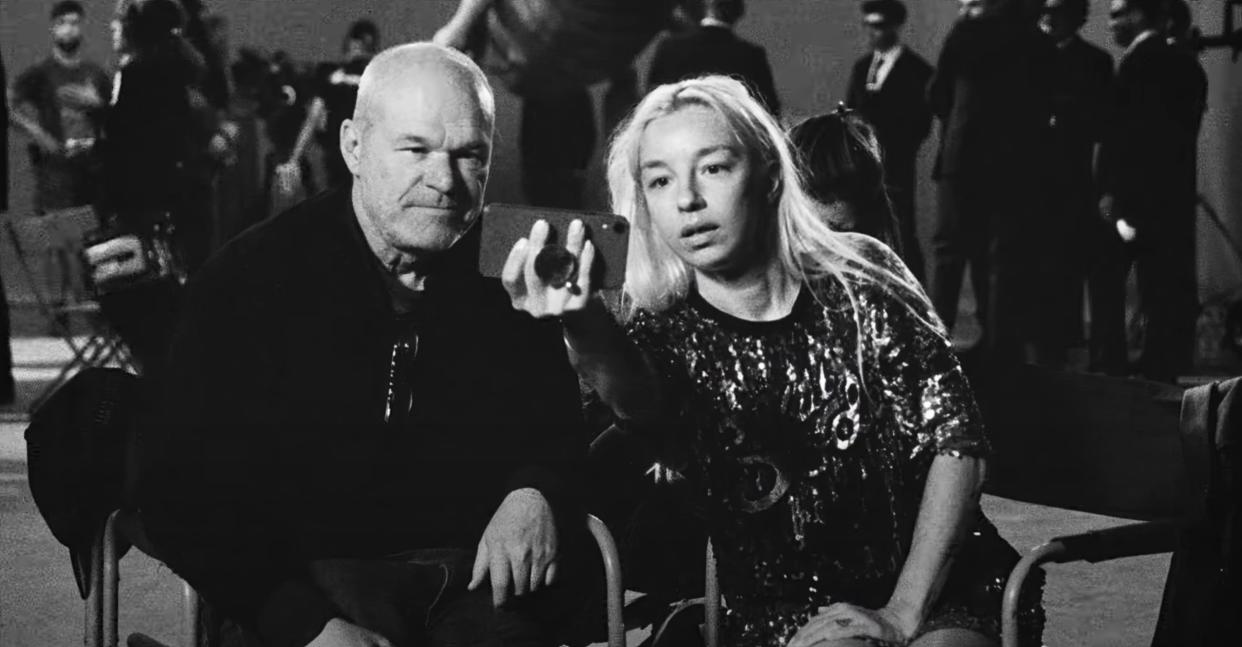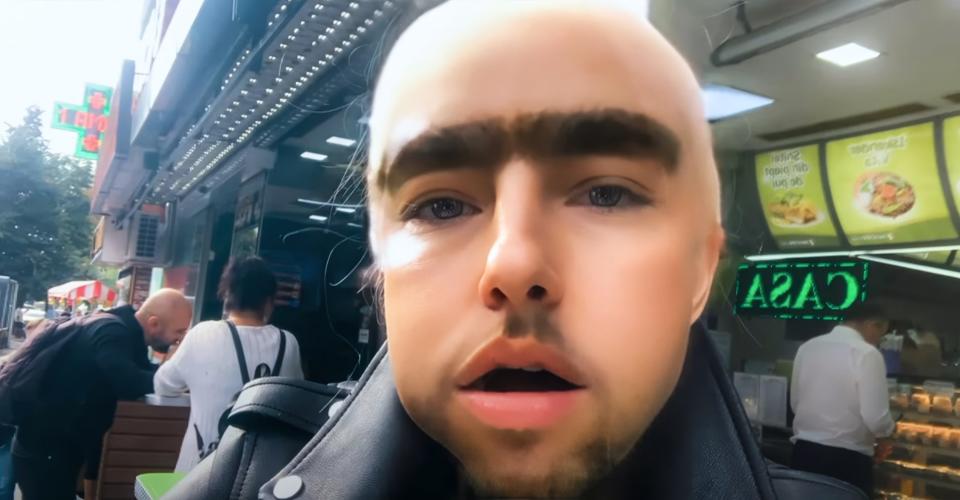Radu Jude on the Crisis of AI and Cinema: ‘We Deserve Our Fate’

Radu Jude’s aptly and immensely titled new film, “Do Not Expect Too Much from the End of the World,” only vaguely touches on the existential threat — or promise? — of artificial intelligence. But for any filmmaker, AI is a no-longer-looming reality one must tangle with. In fact, it’s an agent of chaos for the creative community even though machine learning has long been used to enhance productions.
So while artificial intelligence has been with us for a long time, it’s now taken on a scarier late-capitalist dimension, with ChatGPT and other AI-driven means to industry cost-cutting feeding fears about consent (with protections against AI a major point for SAG-AFTRA in its recent strike negotiations out of the strikes) and compressed job opportunity for actual human beings.
More from IndieWire
Suddenly, a self-navigating car seems more viable than an underpaid driver running late and exhausted. Suddenly, digitally capturing the likeness of an actor and reusing that avatar in perpetuity (As Ari Folman’s, cough cough, “The Congress” warned us) is more appealing than, you know, rehiring the actual person, paying their fees, cleaning up their PR messes.
Romanian director Radu Jude’s latest scabrous opus is a 160-plus-minute, black-and-white drama about an overworked production assistant, Angela (Ilinca Manolache), burning across Bucharest trying to cut corners ahead of filming on a workplace safety video organized by a nefarious corporation. That corporation is run by an oblivious, self-serious CEO named Doris (Nina Hoss), who says she’s the great-great-grandaughter of the author Goethe. And Angela, under Doris’ eye, is the very sort of person under threat by replacement with artificial intelligence, something Doris alludes to during a hectic backseat ride en route to set when she mentions self-driving cars as a solution to tardy underlings and cacophonous traffic.
“Do Not Expect Too Much” is ultimately a film about image production at all levels — not just the crystallization of images before us onscreen, here frequently conveyed as either TikTok screenshares or glitchy out-of-focus Zooms, but how they are actually made by people who get erased in the process. Angela spends much of the movie toiling to cast participants for the corporate safety video, exploited and underpaid working 16 hour days. Couldn’t AI just do away with all that?
“First of all, when we shot the film, ChatGPT and these things didn’t exist and didn’t have this big scale of usage as it seems to be today,” Jude told IndieWire. “Secondly, I’m fascinated by all this. Of course, I can see that cinema is in crisis because of that. Not only cinema, but now we speak about cinema. I don’t know, journalism is also [in crisis], film criticism, everything.”
Jude’s films have captured the augmented realities of our times before, skewering the panopticon of social media self-surveillance in his Berlinale Golden Bear winner “Bad Luck Banging or Loony Porn,” in which a leaked sex tape uproots a teacher’s life. In “Do Not Expect Too Much,” Angela lives a shadow life on TikTok as an alter-ego who says offensive, awful stuff as a repudiation of her own sell-out status as a corporate lackey.

The “crisis” of artificial intelligence wasn’t totally on Jude’s mind while making “Do Not Expect Too Much,” which is inspired by his own days working low-totem film jobs just after the Romanian Revolution of 1989. (“Only after time passing can you see some of the events that you were part of,” he said with regards to being you and exploited once Romania started to open itself up to European productions in the early 1990s.) But he still sees the opportunity to respond to it.
“I find this crisis, like all crises, very good, like an opportunity to do something. And cinema was always in crisis since its appearance, in one crisis or another. If AI is better, then, well, no question, no regrets. We deserve our fate, so to speak. But I am really thinking that you have to … maybe we can be one step [ahead],” he said.
Jude recently got a look at the first demonstrations of Sora, OpenAI’s latest and most advanced generator of hyperrealistic images from basic text instructions. It’s a major leap forward for artificial intelligence, and also potentially a harbinger of an apocalypse for the industry job market. (Tyler Perry, for one, recently put expansion of his Atlanta studios on hold after seeing the tool’s capabilities.)
“It’s amazing already,” Jude said. “So I was thinking the only possibility is to try and do things the way these programs cannot. They’re trained to become better, but if I train myself to become worse…”
He continued, “Philosophically, everything [has changed] regarding images. I’m not trained enough, but nobody is, to really understand what this change means. Maybe it’s not going to mean that much in the end, I don’t know. Commercial and advertising is already done by these machines, the scripts. Even years ago, when you see these beautiful faces or bodies in advertisements, in photographs, like in the city, they are not real. They are not photographs. They are like photographs, but they are not. It’s a composition of faces made by algorithms; they don’t exist. How can we navigate in the sea of images where you don’t know what kind of images it is? We look at each other now in the Zoom windows, but I might be looking different than you see me, and the same for you. I don’t know what images have become.”
“Do Not Expect Too Much from the End of the World” opens in theaters from MUBI on Friday, March 22.
Best of IndieWire
Sign up for Indiewire's Newsletter. For the latest news, follow us on Facebook, Twitter, and Instagram.

 Yahoo News
Yahoo News 
